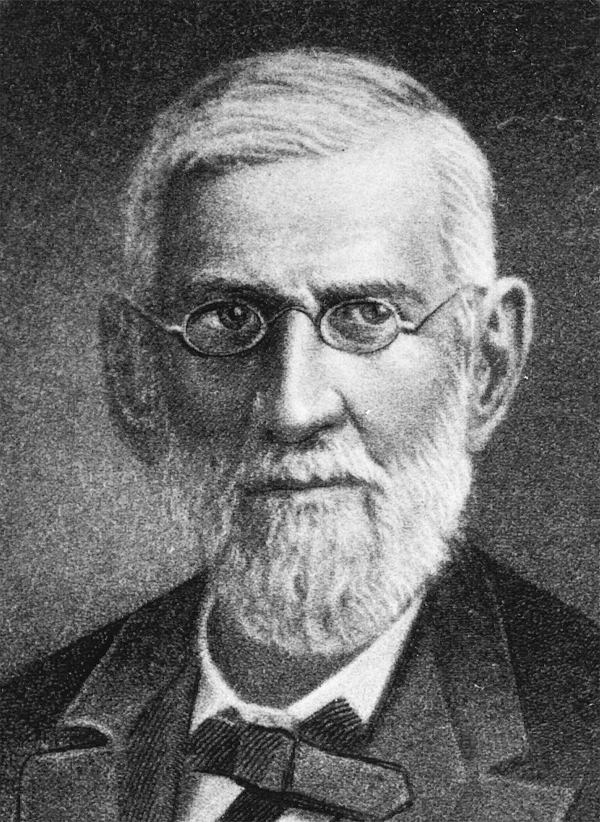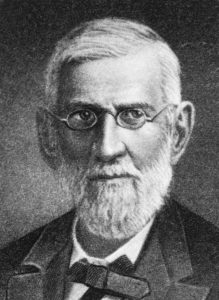Alexandre Mouton
Alexandre Mouton, the first Democratic governor of Louisiana, served from 1843 to 1846.

Courtesy of Center for Louisiana Studies at The University of Louisiana at Lafayette
Alexandre Mouton. Fortier, Alcee (Artist)
Alexandre Mouton, the first Democratic governor of Louisiana, served between 1843 and 1846. Though he was elected six years after the Panic of 1837, Mouton inherited a depressed economy that he tried to stimulate by selling state properties and reducing expenditures for internal improvement. In 1845, he led the Constitutional Convention that established a public education system and eliminated any property qualifications required to vote or hold office in Louisiana. After leaving office, Mouton presided over the Secession Convention, declaring Louisiana a “free, sovereign, and independent power” on March 21, 1861, before the state joined the Confederacy two months later.
On November 19, 1804, Alexandre Mouton was born to Jean Mouton and Marie Marthe Bordat, both descendants of Acadian exiles. The family lived in the Attakapas district, now Lafayette Parish. He attended local schools and then Georgetown College in Washington, D.C. He also studied law under Charles Antoine and Edward Simon of St. Martinville. He gained admission to the bar in 1825, and later practiced in Lafayette Parish before turning to sugar cultivation.
In 1826, Mouton was elected to the state legislature, where he became speaker of the House of Representatives from 1831 to 1832. He was a presidential elector in 1828, 1832, and 1836. He was reelected to the Louisiana House of Representatives in 1836, but resigned a year later to fill a vacancy in the US Senate. He served in Congress until his election as governor in 1842.
As governor, Mouton reduced state expenditures, selling state property and state-owned slaves to avoid raising taxes. He leased the penitentiary and supported legislation that limited state borrowing. The revenue from the sale of public land went to public education, but all other income went to paying off the state debt. He led the 1845 Constitutional Convention, which established suffrage for all free white men regardless of property ownership and directed the legislature to begin a system of public education.
After his term as governor, Mouton continued his involvement in politics. He was president of the Southwestern Railroad Convention in New Orleans in 1852. He was also the leader of the Louisiana delegation to the Democratic National Convention in 1860. He was elected president of the Louisiana Secession Convention in 1861, and led the overwhelming vote to pass the Ordinance of Secession, severing Louisiana’s ties with the federal government. After nearly two months of independence, Louisiana joined the Confederacy.
Mouton ran for and lost a position on the Confederate Senate. During the war, Union troops seized his plantation to use as their headquarters; they burned the sugar mill, arrested him, and released his 120 slaves. He died near Lafayette, on February 12, 1885, and was interred there in St. John’s Cemetery.
This entry was adapted from Joseph G. Tregle’s entry for the Dictionary of Louisiana Biography, a publication of the Louisiana Historical Association in cooperation with the Center for Louisiana Studies at the University of Louisiana, Lafayette. http://www.lahistory.org
